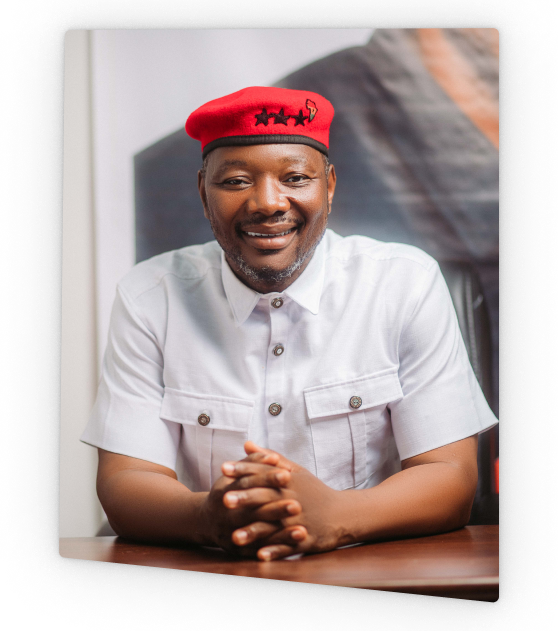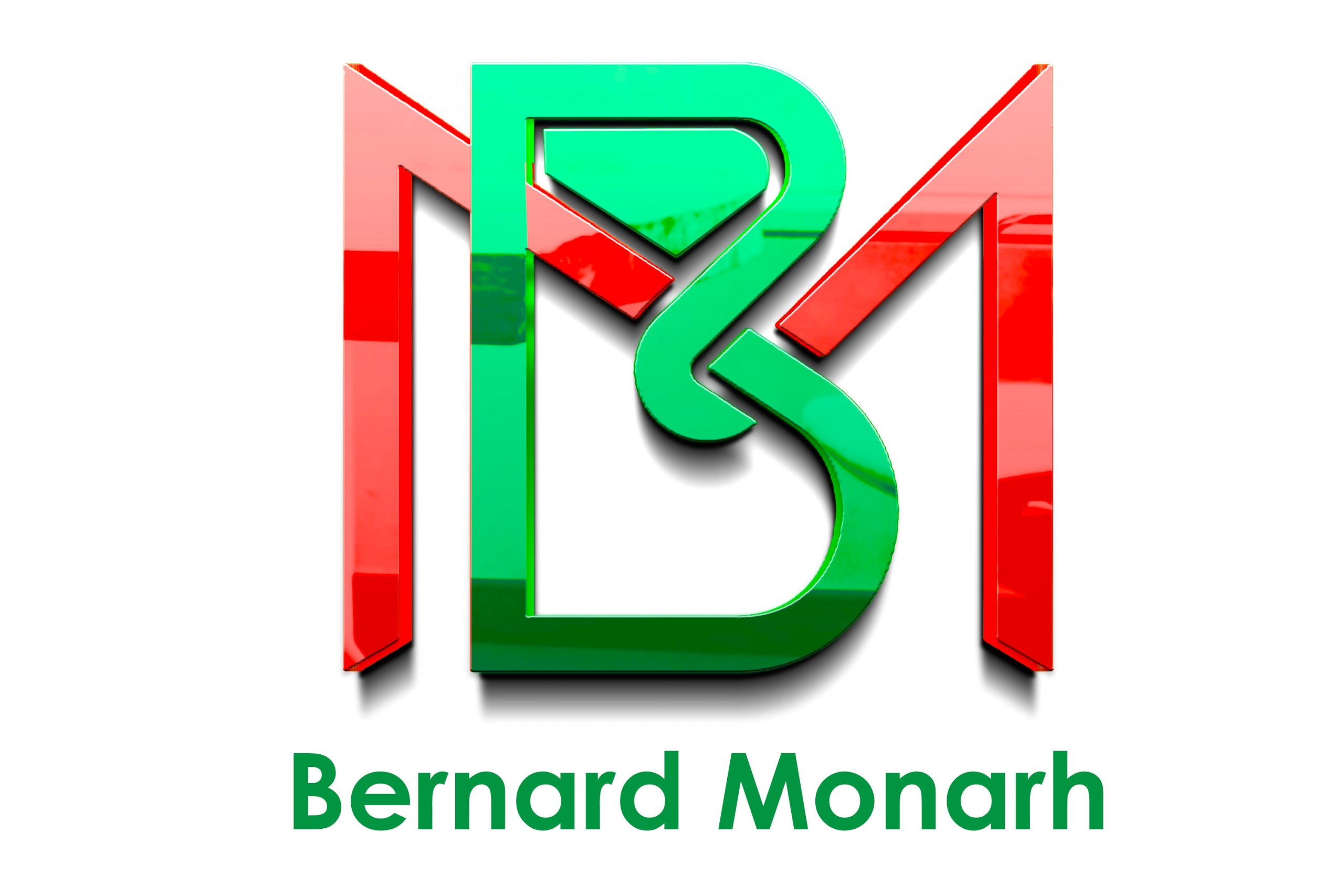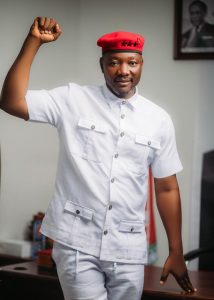Ghana-Togo Solidarity Movement
The seeds of the Ghana-Togo Solidarity Movement were sown during an African Union Youth Conference in Abuja, Nigeria where I learned of the struggles faced by Togolese citizens. Moved by the accounts of activists like Farida Nabourima and Maxime, I felt compelled to take action and show solidarity with our Togolese neighbors.
Upon returning to Ghana, I received news that Togolese residents in Ghana, including Fousena Djabah, had been arrested for staging a rally to expose the actions of their government. I immediately visited the Nima Police Station, where the station commander informed me that the arrests were carried out under orders from above.
I reached out to Minister of National Security Albert Kan Dapaah, expressing concern that Ghana’s democratic credentials were at stake if we were to condone human rights violations by the Gnassingbe dynasty in Togo. I argued that Ghana should not stand idly by while our neighbors suffered, and as a Ghanaian citizen, I vowed to lead a protest if Togolese residents were forbidden from demonstrating. From this determination, the Ghana-Togo Solidarity Movement was born. Alongside fellow activists like Mohammed Haruna, Farudeen Mispah Yakubu, Conrad Nanguo, and Courage Kobby Balon, we organized a rally and notified the Ghana Police in accordance with the Public Order Act.

On the day of the event, DSP Kwesi Ofori arrived at the Kawukudi Park and attempted to halt the rally. Despite our lawful compliance and assurances of a peaceful event, a group of riot police stormed the venue, disrupted our arrangements, and arrested me and fellow activist Irbard Ibrahim.
During my arrest, I was subjected to inhumane treatment. The police bundled me into the back of a pickup truck, and as we drove away, two officers pointed their guns at my head. Fearful for my life, I managed to make a video call to my lawyer, Prof. Raymond Atuguba, to document the unlawful arrest. As I held the phone, the officers threatened to “scatter my head” if I continued the call. Undeterred, I kept recording and told my lawyer that if he didn’t hear from me again, it would mean I had been shot.
The vehicle sped through traffic with sirens blaring, drawing the attention of onlookers who must have wondered what notorious criminal was being transported. But I was merely an activist, dedicated to the cause of Togo’s liberation.
Despite these harrowing experiences, our resolve only grew stronger. We continued to rally support for the oppressed in Togo and stood firm in our belief that Ghana and Togo share a common bond that demands solidarity and mutual support.
Through the Ghana-Togo Solidarity Movement, we have advocated for change, fought for human rights, and worked towards a more equitable future for all. It is my hope that our story will inspire others to join the fight for justice and remind us of the power we hold when we stand together in solidarity.
In 2005, Bernard Mornah joined forces with like-minded individuals, including Kwesi Pratt Jr., Alhaji Ahmed Ramadan, Daniel Ofori Atta, Alexander Arthur, David Pessey, Emilia Arthur, Obed Asamoah, and Bede Ziedeng, to form the Committee for Joint Action (CJA).
This pressure group aimed to struggle alongside the people of Ghana for better living conditions. Mornah played a key role in organizing a press conference at the International Press Centre, ensuring a non-partisan approach by inviting former NUGS president, Edward Omane Boamah to read the statement.
As part of the CJA, Mornah actively engaged in various forms of outreach such as community forums, public fora, press releases, press conferences, and demonstrations to raise awareness about government failings and demand policy changes. His strategic thinking and commitment to non-partisanship were integral to the success of these initiatives.
Mornah's leadership shone through his involvement in the CJA's advance team. He worked diligently to strategize and assist local organizers before any direct action, promoting collaboration across different regions of Ghana.
Beyond his political and economic endeavors, Mornah has also made significant contributions to the world of sports in Ghana.
As the President of Kalibi Sporting Club, a third tier football club in Wa, Ghana he has led the team to notable success and recognition. Despite being based in the Upper West Region, Kalibi Sporting Club has captured attention beyond their local confines, thanks to their stellar performances on the pitch.
Mornah's leadership in this role exemplifies his commitment to promoting excellence in various aspects of Ghanaian society.


